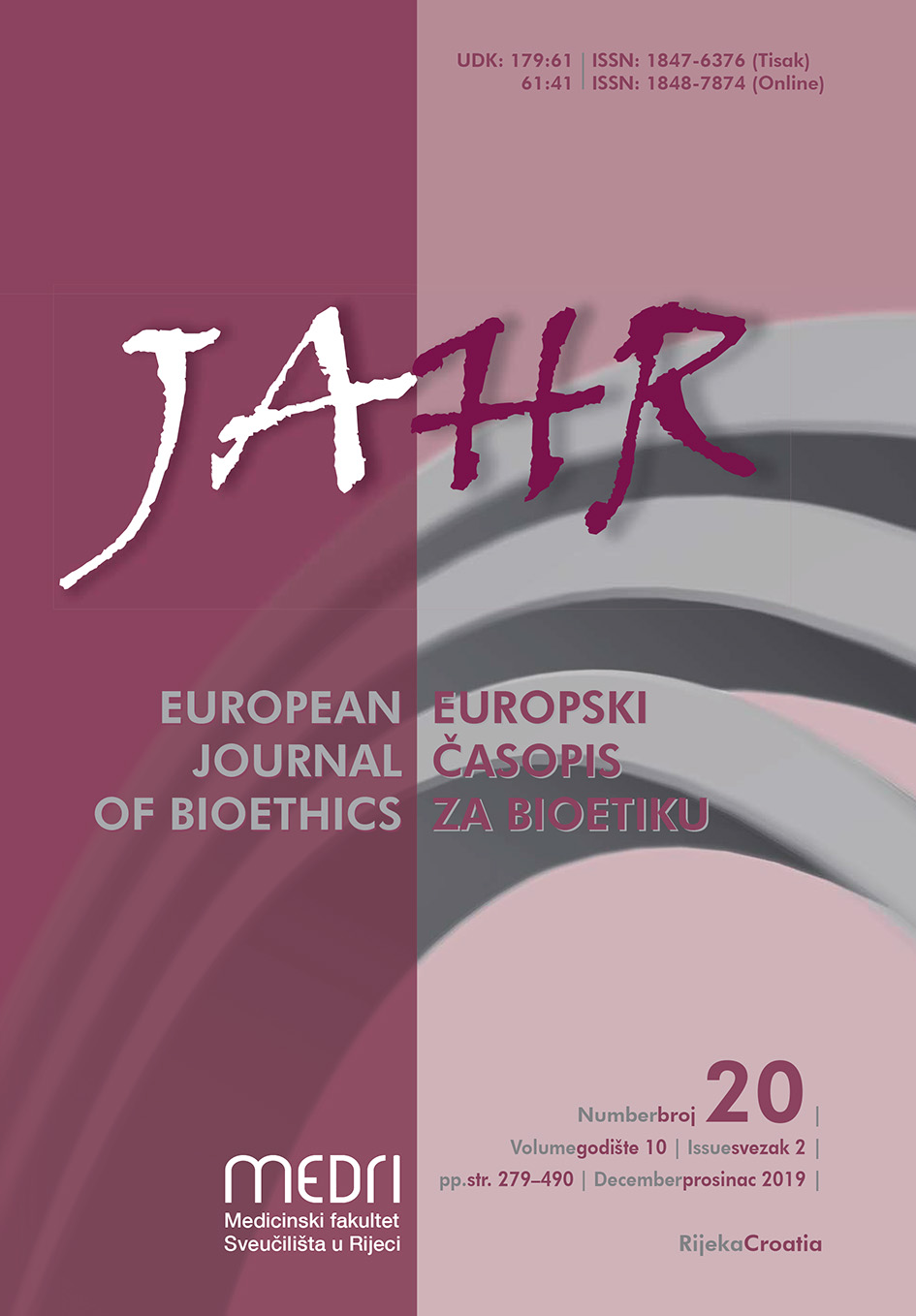Agriculture, GM and Ethics: The Case for India
Letter to the Editor
Abstract
Successive Indian governments have and continue to see GM crops as the next saviour, after the Green Revolution of the 1960s, to feed India’s increasing population, already huge at 1.38b. Scientists at India’s agricultural research centres point to the country’s shrinking land and water resources, the degrading quality of its soils together with high input costs that have stagnated production as needing this new technology to maintain India’s food security.[1]
Yet GM crops in agriculture, introduced in the 2000s through Bt (Bacillus thuringiensis) cotton, remain highly controversial, with NGO-led protests and lawsuits that have stalled the introduction of GM food crops such as brinjal and mustard for years now, citing environmental, health, poor regulatory monitoring of corporate monopolies over seeds that jeopardise India’s majority small-farmers as significant reasons for concern.
Meanwhile, the inadequate administrative monitoring of this sector, together with several government and legal moratoria on the use of GM crops has certainly aided Bt seed companies to quietly spread the use of Bt seeds. Activists fear that multinationals are taking advantage of lax monitoring to push their own sales, such as in Monsanto’s Bt cotton ‘HT’, to be used together with Monsanto’s herbicide Roundup Ready containing glyphosate, a proven toxic already banned in certain South Asian countries. Or Bayer’s patent over DM H11 mustard, engineered for use with Bayer herbicide Basta!, containing glufosinate, another known toxin.
Downloads
Published
Issue
Section
License
Authors who publish with this journal agree to the following terms:
- Authors retain copyright and grant the journal right of first publication with the work simultaneously licensed under a Creative Commons Attribution License that allows others to share the work with an acknowledgement of the work's authorship and initial publication in this journal.
- Authors are able to enter into separate, additional contractual arrangements for the non-exclusive distribution of the journal's published version of the work (e.g., post it to an institutional repository or publish it in a book), with an acknowledgement of its initial publication in this journal.
- Authors are permitted and encouraged to post their work online (e.g., in institutional repositories or on their website) prior to and during the submission process, as it can lead to productive exchanges, as well as earlier and greater citation of published work (See The Effect of Open Access).



